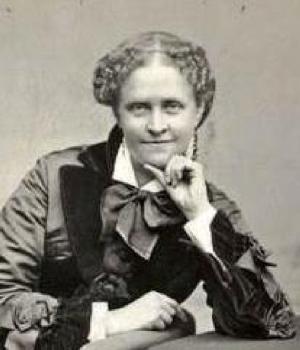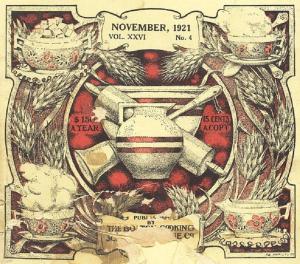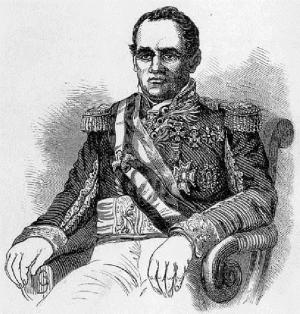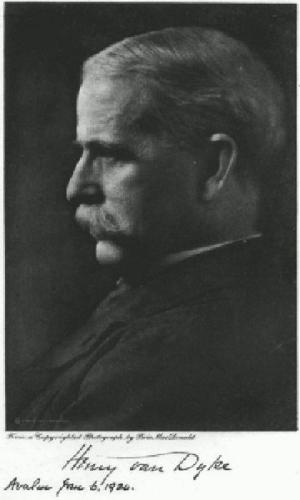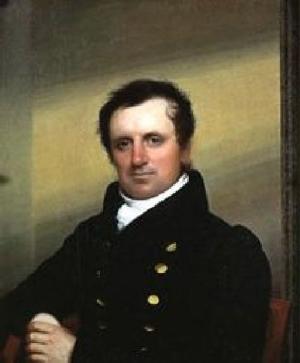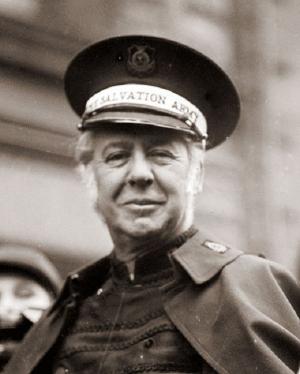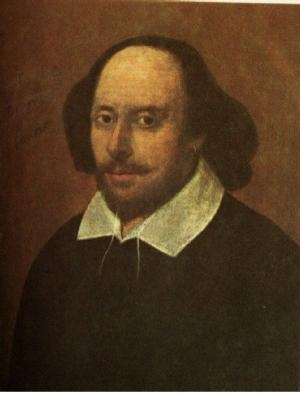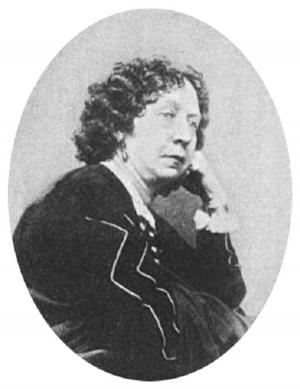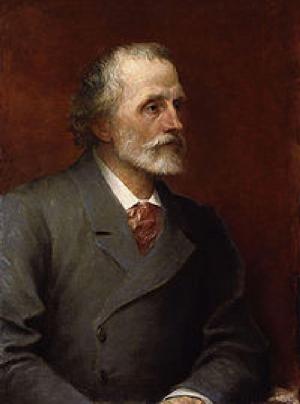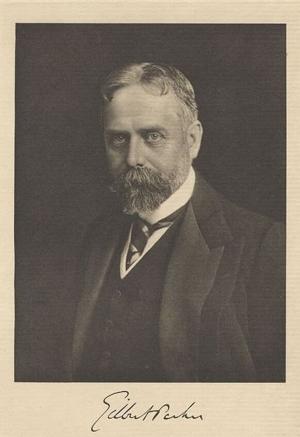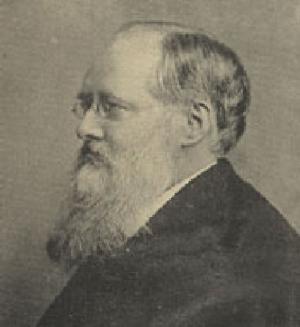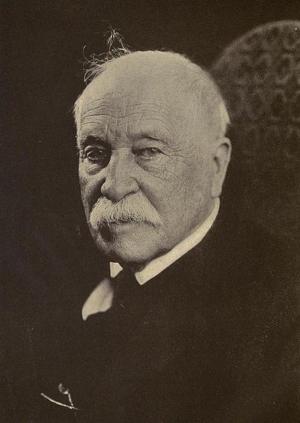| Author: | G.K. Chesterton | ISBN: | 9781455391400 |
| Publisher: | B&R Samizdat Express | Publication: | December 15, 2009 |
| Imprint: | Language: | English |
| Author: | G.K. Chesterton |
| ISBN: | 9781455391400 |
| Publisher: | B&R Samizdat Express |
| Publication: | December 15, 2009 |
| Imprint: | |
| Language: | English |
This book-collection file includes 29 books -- 10 books of fiction (The Ball and the Cross, The Club of Queer Trades, The Innocence of Father Brown, The Man Who Knew Too Much, The Man Who Was Thursday, Manalive, The Napoleon of Notting Hill, The Trees of Pride, Tremendous Trifles, and The Wisdom of Father Brown) and 19 collections of essays (All Things Considered, The Appetite of Tyranny, The Crimes of England, Appreciations and Criticisms of the Works of Charles Dickens, The Defendant, Eugenics and Other Evils, Heretics, Lord Kitchener, A Miscellany of Men, The New Jerusalem, Orthodoxy, Alarms and Discursions, A Short History of England, Twelve Types, Utopia of Usurers and Other, Essays, Varied Types, The Victorian Age in Literature, and What's Wrong with the World). Gilbert Keith Chesterton (29 May 1874 14 June 1936) was an influential English writer of the early 20th century. His prolific and diverse output included journalism, philosophy, poetry, biography, Christian apologetics, fantasy and detective fiction. Chesterton has been called the "prince of paradox." He wrote in an off-hand, whimsical prose studded with startling formulations. For example: "Thieves respect property. They merely wish the property to become their property that they may more perfectly respect it." As a Christian apologist he is widely admired throughout many religious denominations, as well as by many non-Christians[citation needed]. As a political thinker, he cast aspersions on both Liberalism and Conservatism, saying, "The whole modern world has divided itself into Conservatives and Progressives. The business of Progressives is to go on making mistakes. The business of the Conservatives is to prevent the mistakes from being corrected.""
This book-collection file includes 29 books -- 10 books of fiction (The Ball and the Cross, The Club of Queer Trades, The Innocence of Father Brown, The Man Who Knew Too Much, The Man Who Was Thursday, Manalive, The Napoleon of Notting Hill, The Trees of Pride, Tremendous Trifles, and The Wisdom of Father Brown) and 19 collections of essays (All Things Considered, The Appetite of Tyranny, The Crimes of England, Appreciations and Criticisms of the Works of Charles Dickens, The Defendant, Eugenics and Other Evils, Heretics, Lord Kitchener, A Miscellany of Men, The New Jerusalem, Orthodoxy, Alarms and Discursions, A Short History of England, Twelve Types, Utopia of Usurers and Other, Essays, Varied Types, The Victorian Age in Literature, and What's Wrong with the World). Gilbert Keith Chesterton (29 May 1874 14 June 1936) was an influential English writer of the early 20th century. His prolific and diverse output included journalism, philosophy, poetry, biography, Christian apologetics, fantasy and detective fiction. Chesterton has been called the "prince of paradox." He wrote in an off-hand, whimsical prose studded with startling formulations. For example: "Thieves respect property. They merely wish the property to become their property that they may more perfectly respect it." As a Christian apologist he is widely admired throughout many religious denominations, as well as by many non-Christians[citation needed]. As a political thinker, he cast aspersions on both Liberalism and Conservatism, saying, "The whole modern world has divided itself into Conservatives and Progressives. The business of Progressives is to go on making mistakes. The business of the Conservatives is to prevent the mistakes from being corrected.""

